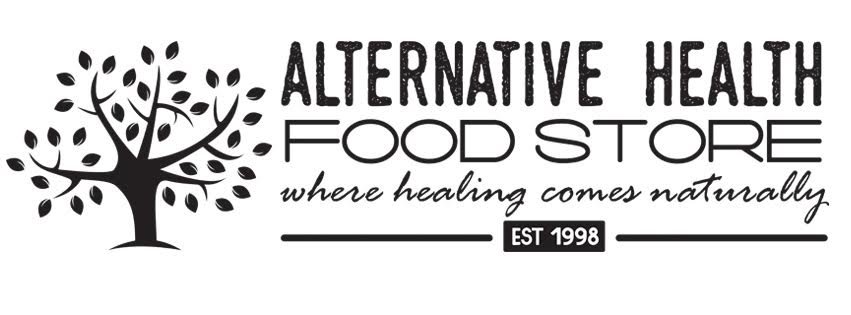Revitalize Your Body with Beets
During the last decade, there has been an explosive interest in the benefits of beets for human health. However, beets have been consumed for centuries. Ancient Greeks and Romans cultivated beets for their greens. The root part of the beet was cultivated for consumption in German and Italy, first recorded back in 1542.
Beets provide many vitamins and minerals, dark red polyphenols, and antioxidants. They are one of the few vegetables to contain Betalain—a powerful antioxidant to help support optimal health. Beets have been historically used and clinically studied to improve energy and stamina, to support healthy aging, promote detoxification, support heart and lung health, and to support healthy blood pressure.
Consuming a diet rich in green leafy vegetables is widely recognized as being cardio protective. Recent evidence suggests that dietary nitrates found in these green leafy vegetables—and in beets—deliver cardiovascular and many other health benefits.
Dietary nitrates found in beets are metabolized into nitrites by oral bacteria which are subsequently converted to Nitric Oxide in the body. Nitric Oxide (NO) is a vasodilator which causes blood vessels to dilate improving blood flow and the delivery of oxygen and nutrients to the cells. Studies on athletes have shown that drinking beetroot juice can help improve exercise performance. Improved blood flow is also helpful in promoting collagen production.
By age 40, our production of NO can drop by half compared to our youth. Consuming adequate nitrate-rich vegetables can help the body to product heart healthy NO. Beets contain compounds like Betaine, Folate, and B12 which support Methylation—a key process that promotes cellular health and turns on genes for healthy aging.
If you like the taste of beets, we highly recommend you include them in your diet. However, if beets aren’t your thing, there are many options to consume beets including liquids, powders, and gummies.
Source: Garden of Life
Photo: Eva Bronzini @pexels
These statements have not been evaluated by the FDA. This is not intended to diagnose, treat, cure, or prevent disease.
